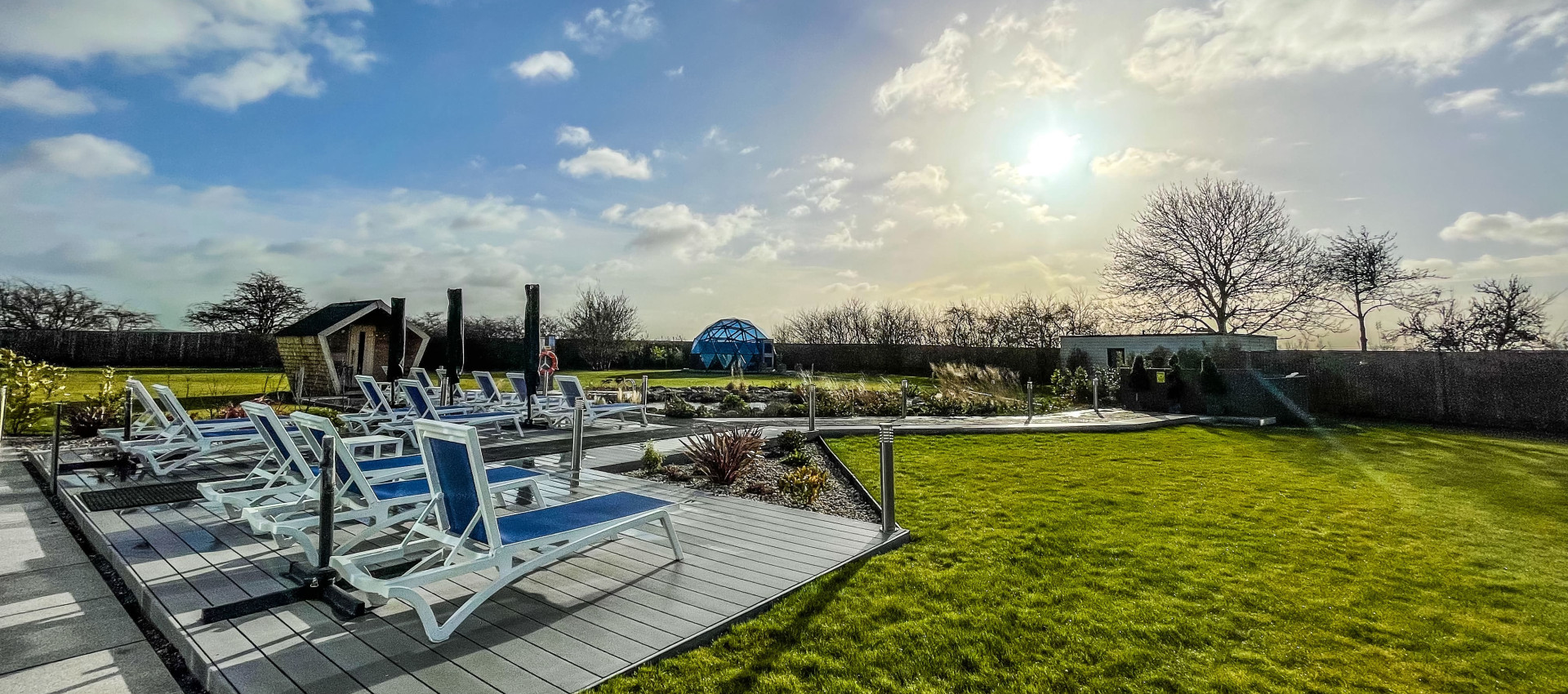5 Ways to Boost Vitamin D in Winter
Did you know that many people in the UK don’t get enough vitamin D in winter? Vitamin D is essential for maintaining our bone health, immune system and mood. Our skin creates vitamin D from sunlight, which means between October and March, many people are running low.
The good news is that certain types of food can help boost your levels. In this article, we’ve got some top tips on how to increase your vitamin D as the cooler weather comes in.
Why do we need to boost our vitamin D in winter?
Vitamin D is essential for maintaining strong bones, teeth and muscles by helping our bodies absorb vital nutrients such as calcium and phosphate. Getting too little vitamin D can lead to a weakened immune system, low mood and a persistent sense of general fatigue.
Our bodies produce vitamin D naturally when our skin is enjoying some sunshine. However, during the autumn and winter months when there is less sunlight, some people may struggle to keep healthy levels of vitamin D.
Fortunately, we can also get vitamin D from certain types of food. Here are five of the best ways to keep your vitamin D levels nicely topped up:
Take a Daily 10 µg Supplement
An easy daily supplement is an excellent choice. In fact, the UK government advice is that everyone over the age of 4, including pregnant and breastfeeding women, should take a daily 10 microgram vitamin D supplement.
It’s important to note that if you are worried about a vitamin D deficiency, it’s important to speak to a GP and not take more than the recommended daily dose. Taking too many vitamin D supplements can lead to a calcium buildup, which can weaken bones and damage kidneys.
Make Fortified Foods Your Friend
Another great way to boost your vitamin D in winter is through fortified foods. If a food is fortified, it means that some vitamins or minerals have been added to it.
In the UK, there is a wide range of foods that have been fortified with vitamin D. These commonly include:
- Breakfast cereals
- Margarine and spreads
- Some plant-based milks
- Some orange juices
Check the nutrition label to find the amount of vitamin D per serving and see how much of the recommended daily value you’ll receive. Anything claiming to be a ‘source of vitamin D’ is legally obliged to contain at least 15% of the recommended daily intake per 100g.
Add Naturally Vitamin D-Rich Foods
There are 2 major forms of vitamin D and it’s vital you get both. Vitamin D3 is mainly produced by the skin, but vitamin D2 can only be obtained from a healthy and balanced diet. Here are the best foods to try when looking to boost your vitamin D in winter.
- Oily fish - salmon, sardines, trout, herring and mackerel are all excellent sources of vitamin D.
- Eggs - the yolks hold most of the nutrients so be sure to eat the whole egg. Outdoor-reared hens tend to contain more vitamin D.
- Tinned tuna - the humble staple of UK cupboard retains more vitamin D than fresh tuna.
- UV-exposed mushrooms - look for ‘UV-exposed’ or ‘vitamin D enriched on the label, as most mushrooms don’t contain much vitamin D on their own.
- Cod liver oil - a long-time popular supplement, this is one of the richest sources of vitamin D.
- Shellfish - prawns and oysters contain a modest amount of vitamin D, along with protein, zinc and vitamin B12.
Vegans: Choose the Right Form
Everyone following a vegan lifestyle will quickly notice that the list above contains a lot of food derived from animals. To boost your vitamin D in the UK’s chilly winter you’ll need to rely more on supplements, but do check the label as some types contain lanolin or fish oil.
To aid absorption, we suggest taking vitamin D supplements with a meal or snack containing healthy fats. Peanuts, nuts, seeds, olive oil or avocado are all great options. You can also try vitamin D-fortified vegan spreads and fortified breakfast cereals too.
Skip the sunbeds
And finally, to bust a persistent myth. Sun beds are not a good source of vitamin D.
Both ultraviolet A (UVA) and ultraviolet B (UVB) radiation from the sun can cause cell damage. Sun beds typically expose your skin to UVA, however, it is UVB that your body needs to make vitamin D. This means you are getting all the risk without any of the vitamin D benefits. Take a look at Cancer Research UK’s guidance if you’d like to learn more.
Build healthy winter habits at The Glass House
These few simple steps will help make sure you boost your vitamin D in winter.
Plan your meals to give your body the nutrients it craves with seasonal produce. Get label-savvy to boost your vitamin D levels with naturally rich and fortified foods, and make time for those outdoor daylight walks.
To help you plan and get into a great winter routine, book in at The Glass House Wellness and Spa Retreat in London.
Alongside deliciously nutritious meals and a relaxing outdoor space, you’ll find rejuvenating spa time and classes that will set you up to thrive over the cooler months.

